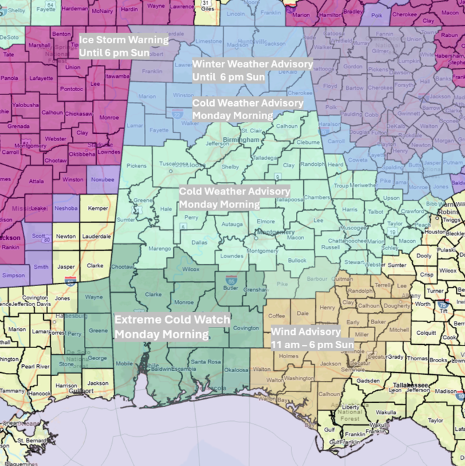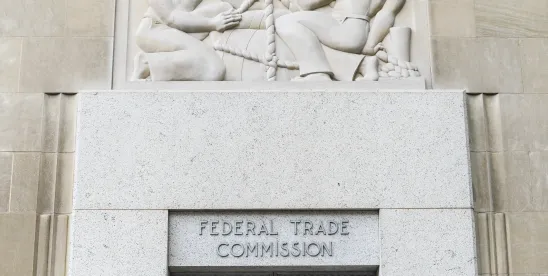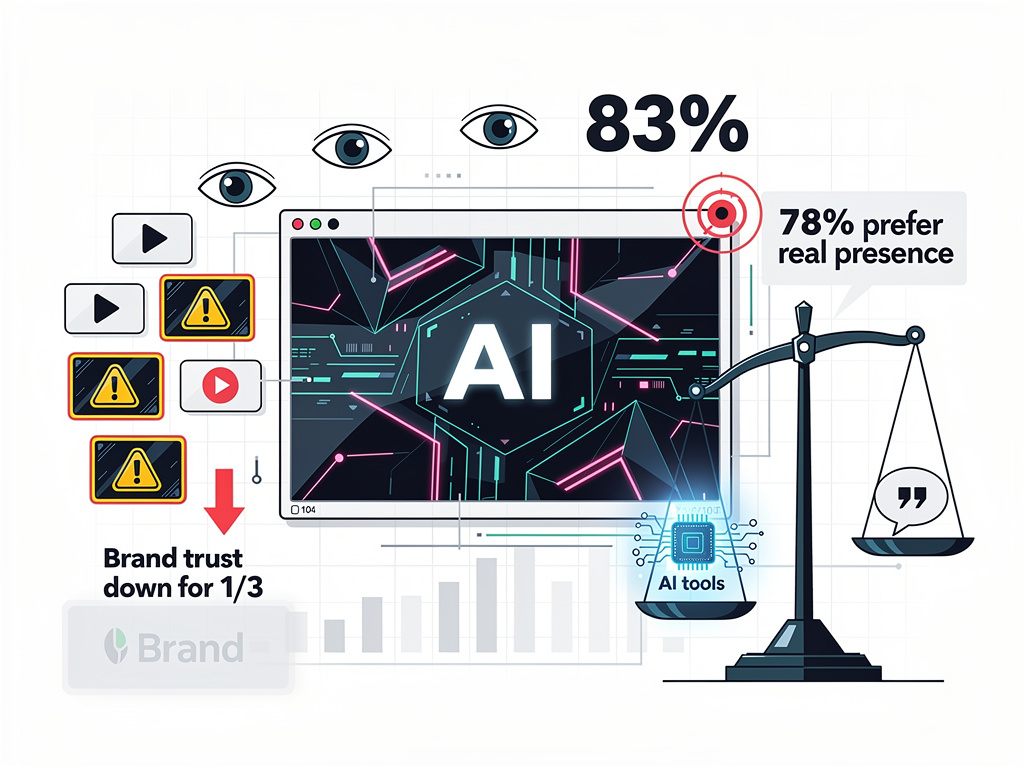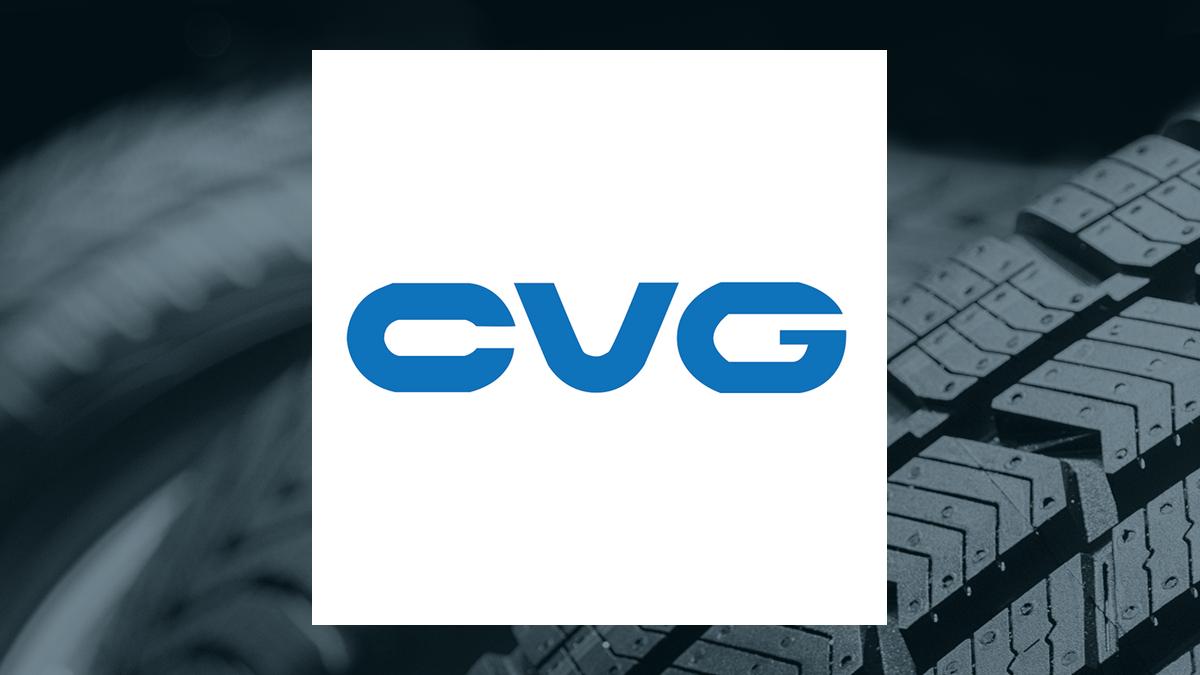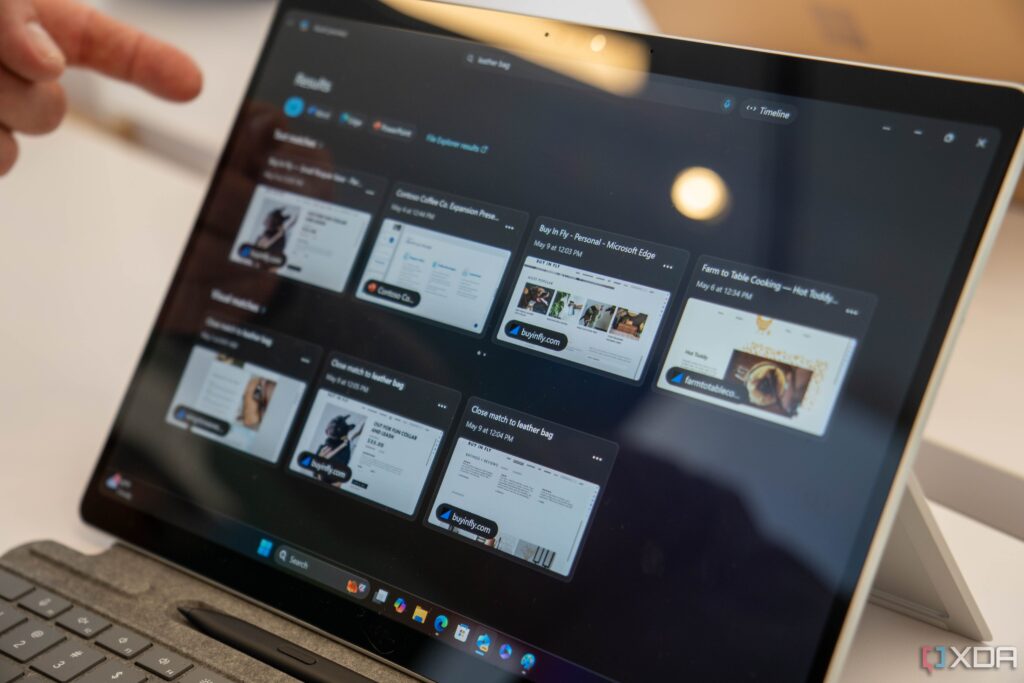
URGENT UPDATE: Microsoft’s Recall feature has ignited a wave of security concerns, prompting users to rethink their reliance on clipboard managers. As many expressed worries about Recall being “spyware,” the implications extend to tools that also track sensitive data.
Just announced, Microsoft has revamped Recall after backlash from privacy advocates. Initially launched in May 2024, Recall is designed to monitor and save nearly all activities on your PC, including taking screenshots every few seconds. This data, stored in an unencrypted format, raised alarms about potential access by malicious actors, leading to intense criticism.
In response to user outcry, Microsoft delayed the release of Recall to implement crucial security upgrades. The re-launched version, available since April 2025, now uses an encrypted database and defaults to an opt-out setting to protect user data. However, many users remain concerned about the inherent risks of having a digital history of their activities.
Cybersecurity experts highlight alarming parallels between Recall and clipboard managers, which similarly save everything users copy. Each time you press Windows + V, your clipboard history is on display, potentially exposing sensitive information like passwords and API keys. While clipboard managers enhance productivity, they also present significant security risks if not properly secured.
The SANS Technology Institute warns that clipboard history can contain critical data, including private URLs and sensitive documents. If hackers can exploit weaknesses in clipboard managers, they could easily access a user’s most confidential information. Even third-party clipboard apps, which often promise greater functionality, may lack the encryption safeguards that Microsoft has implemented for Recall.
The global ransomware industry is projected to reach a staggering $250 billion over the next five years, making any tool that retains sensitive information a potential target for cybercriminals. Users are urged to reconsider their choice of clipboard managers, especially those without robust security measures.
As more individuals become aware of these risks, the conversation around digital privacy is intensifying. Many privacy-focused applications have voiced their concerns about Microsoft Recall, reflecting a broader unease regarding the handling of sensitive data across various platforms.
With the growing awareness of cybersecurity threats, now is the time for users to critically assess the software they rely on. If Microsoft Recall raised alarms, clipboard managers should warrant similar scrutiny. The reality is that if malware can compromise your computer, the existence of tools like Recall is irrelevant; hackers can still access sensitive information freely.
As the tech landscape evolves, users must stay informed and proactive about their digital security. Whether using Microsoft Recall or a clipboard manager, understanding the potential risks is crucial in protecting personal data from malicious exploitation.

